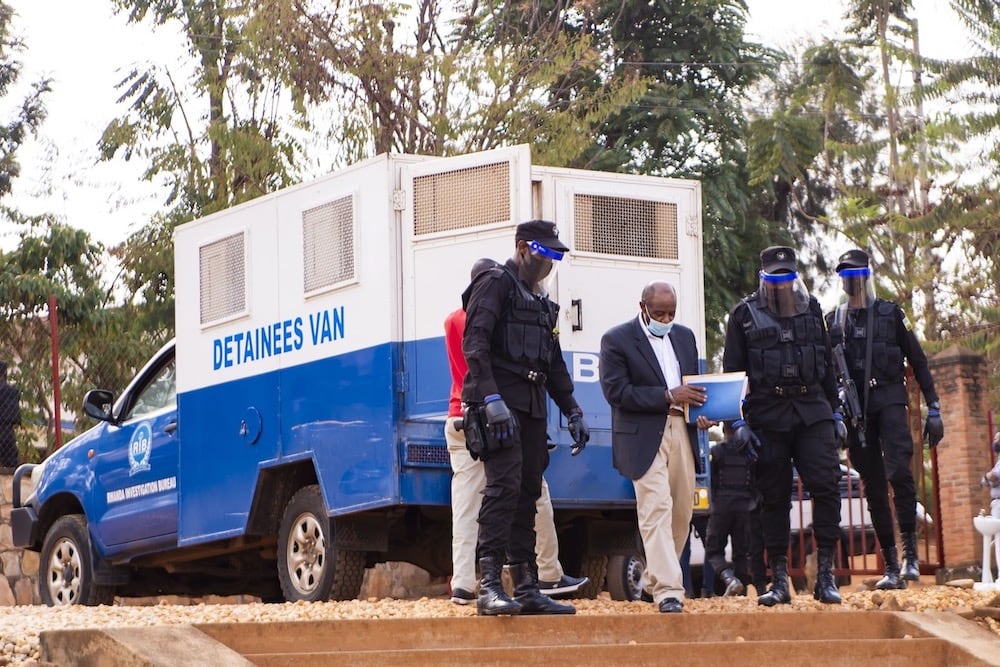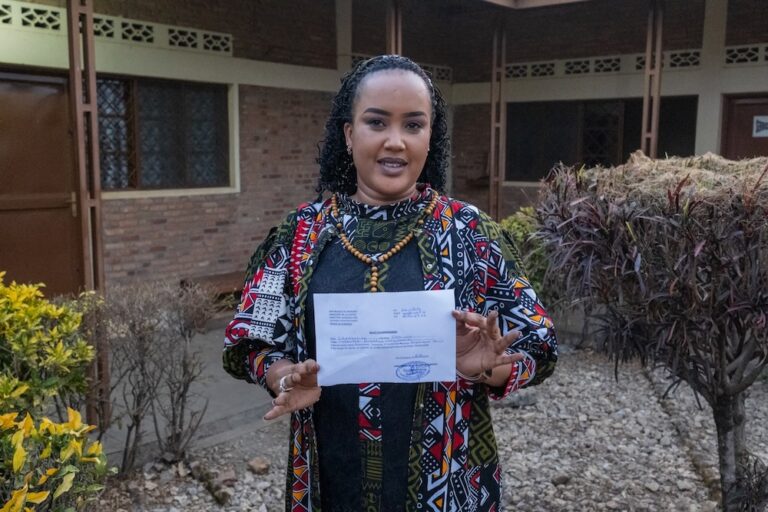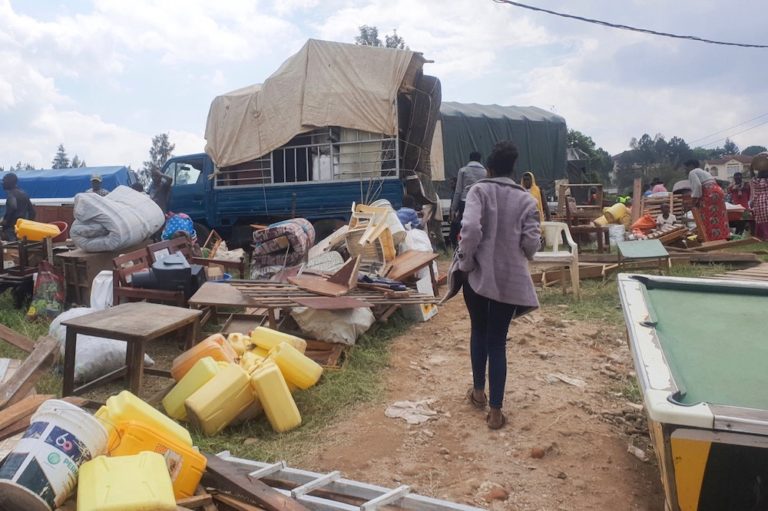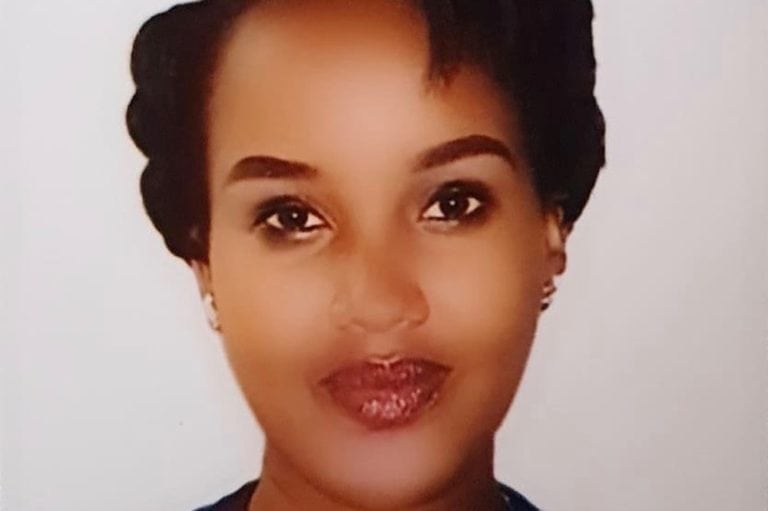During a review of his case, Rwandan journalist Dieudonné Niyonsenga describes the inhumane conditions he has been held under and how he was frequently beaten.
This statement was originally published on cpj.org on 31 January 2024.
The Committee to Protect Journalists on Wednesday expressed alarm at reports that Dieudonné Niyonsenga had been tortured in a Rwandan prison and called on authorities to unconditionally release the journalist, who is serving a seven-year sentence.
During a January 10, 2024, hearing at the court of appeal in the capital Kigali, Niyonsenga said that he was held under “inhumane” conditions in a “hole” for three years and was frequently beaten, according to media reports and court documents reviewed by CPJ. Niyonsenga, who also goes by Cyuma Hassan, appeared in court with a head wound and said that his hearing and vision were impaired by the conditions of his detention, according to those sources. Niyonsenga’s lawyers also told the court that prison officials seized documents he needed to further prepare his case.
“Dieudonné Niyonsenga was convicted following a trial whose irregularities exposed the political nature of his prosecution. Now Rwandan authorities compound the injustice by mistreating him behind bars and frustrating his efforts to have his case reviewed,” said CPJ sub-Saharan Africa Representative, Muthoki Mumo. “Authorities should unconditionally release Niyonsenga, investigate his painful testimony of torture and detention under hellish conditions, and hold those responsible to account.”
The court postponed the case until February 6 to give Niyonsenga, who is seeking review of what he terms an unfair trial, more time to consult his lawyers.
Niyonsenga published commentary and news reports on the YouTube channel Ishema TV, which is no longer available online, and was initially arrested in April 2020, following allegations that he had breached Rwanda’s COVID-19 stay-at-home order, the Rwanda Investigation Bureau said at the time in a post on X, formerly known as Twitter. He was later tried on charges of forging a press card, impersonating a journalist, and hindering the implementation of government-ordered work as well as humiliating authorities. The latter is a crime repealed in Rwanda in 2019, as CPJ has documented.
Niyonsenga was acquitted and freed in March 2021. However, he was convicted on those same charges in November 2021 and taken into state custody after prosecutors appealed, according to CPJ’s documentation. Shortly afterwards Rwanda’s National Prosecution Authority posted on X, saying that Niyonsenga’s prosecution on the repealed charge of humiliating authorities was an “error” that it would appeal to have corrected.
In March 2022, an appeal court upheld Niyonsenga’s conviction on charges of forgery and impersonation but overturned the conviction on humiliating authorities, according to media reports and court documents reviewed by CPJ. The court did not make any specific pronouncement on the charge of obstruction, according to the court documents.
CPJ’s January 31 emails to the Rwandan ministry of justice and correctional services had not received any responses by publication time.



